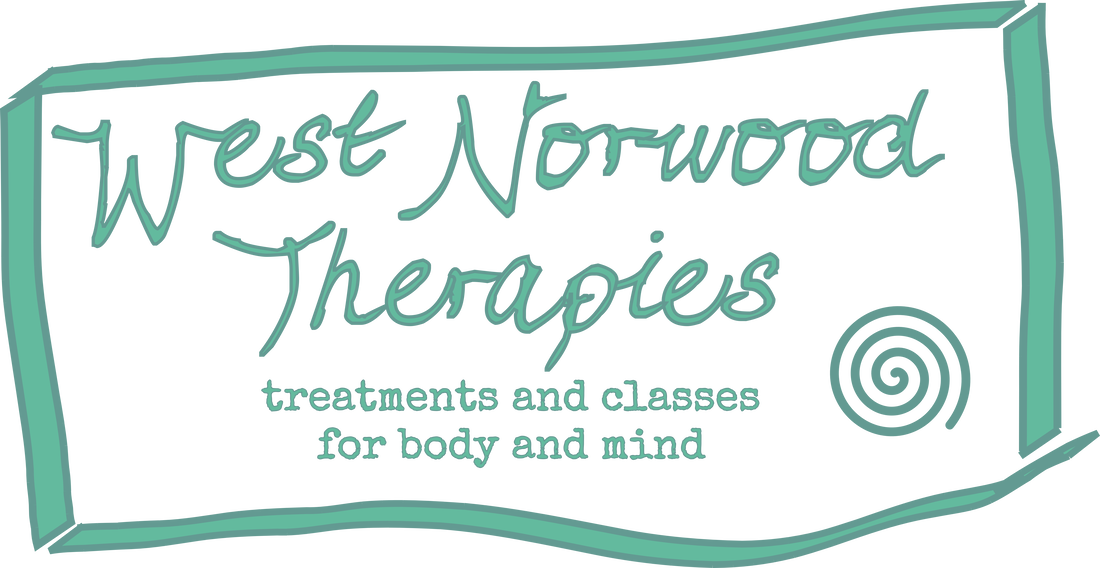|
Our thoughtful massage therapist Erika Zettervall considers our impact on the planet through our life choices and whether an awareness and gratitude for the intricacies we take for granted can help us to tread a little lighter and perhaps learn to leave less trace. The festive season is upon us as the year of 2021 is rapidly drawing to an end. Again a new covid variant threatens to upset and thwart carefully made plans of festivities. Remembering last years sudden disruption to celebrations and disappointments is perhaps not what we had in mind gearing up to Christmas. But being prompted to look back into the year we have just had is good in order to see where time has gone. Revisiting good moments reinforces the feelings of joy/wonder/love in life and fills our source of strength. Equally, acknowledging difficulties and hardship and persevering in this crazy unpredictable thing called life develops this source of strength. Reflection can also help in seeing what direction we are traveling and becomes an opportunity to adjust direction. We need moments to rejoice, to experience abundance and generosity. Connect, congregate and break bread together. Nurturing our seeds of happiness. The true spirit of Christmas contains all that. The trouble is we easily slip into excess, stressing out and inadvertently creating the opposite. Too much of a good thing becomes a bad thing. Reflecting on questions such as ‘where does it all come from?’ and ‘where does it all go?’ might bring connection to our impact on our planet and maybe bring more of a sense of being part of our environment. It might also be a bit uncomfortable. This year we have become reminded what complex logistical network we live in and how fragile the chains of distributions are. The mind boggles thinking of all the parts that comes together in order to create a simple plate of food. From pretty straight forward seeds that have been watered, nurtured into a plant and then harvested, to animals that have had their food grown and harvested to be feed them then their life taken and turned into cuts. The tools and cutlery we use was made somewhere by someone and ended up in our kitchen. Resources we use for cooking, cleverly arranged so we only switch on the hob. The person who shopped and cooked the food. You quickly create endless complex webs and chains of all that came together to create one meal. It is quite remarkable what we are capable of and how interconnected we are. Before digging in to your plate of food, pause and give thought and thanks and gratitude towards all that had to come together for the meal to manifest. Some say grace before a meal and thank God. I was brought up in an atheist environment and particularly my father thought it ludicrous to thank God as it was his hard work that paid for the food. My mother who did the cooking and shopping probably wanted to be thanked for that. I think they missed the point. Saying grace is a way of thanking all that came together for the meal to be there, regardless of belief in God or not. Pausing and express gratitude before feasting heightens the sense of wonder and respect. Where does it go? What do we leave behind? Definitely less pleasant to think about but non the less necessary - the food becomes energy for our bodies and waste. The waste bit we generally don’t like to give that much thought to: go to the loo, flush, gone. But where does it go? (We have been reminded this year that more often then we like to think it gets dumped in our rivers). We have our rubbish collected as a part of our council tax payments so we pay to not have to worry about it and - when it works - it’s very efficient and convenient. Currently there is an exhibition at the Design Museum in London titled Waste Age. It’s focus is on solutions. I have not yet seen it but read about it in this article. It sounds optimistic and interesting. Generally, I despair about the state of waste in the world and particularly attitude to littering in this country. (The writer and comedian David Sedaris explored this topic years ago and I will refrain from going into a rant, but it is very noticeable when returning here from abroad.) I believe there is a natural desire in us to make a mark or leave a trace that we have existed. Cave paintings contain handprints likened to a signature. Carvings in stones and tree trunks leave a mark of our presence to posterity as graffiti paintings do. Monuments and graves are, to some extent, also markings that we have been here. Perhaps we fear being forgotten, that our life’s were insignificant and unremarkable and that feeling drives a need to mark our existence and create a memorial. But I doubt anybody likes the notion that we will be known in history as the era of waste so this flame of desire might not need more encouragement and instead some temperance. I thought of wild camping. Not so much as a venture but the ethos of it. Leave no trace. You set up your camp discreetly, bring all you need with you and leave nothing behind. If you need a poo you carefully select a spot to not contaminate water, dig a hole and cover it. You don’t scare the ground with fires but take your stove and fuel with you. Visiting a place without engraving your presence on it. “If you see the suffering in the world but you haven’t changed your way of living yet, it means the awakening isn’t strong enough” – Thich Nhat Hanh When we live many together as we do, almost everywhere in the world we have found support for our existence by providing infrastructure for amenities. But we may have lost the connection to the impact this has on our Earth. By considering how interwoven we are and what impact we have we might be led to tread more lightly while still celebrating life and so begin to change the course from becoming the age of waste. Some ideas for Christmas stocking fillers: litter-picker, ticket to Design Museum, Thich Nhat Hahn book Zen and the Art of Saving the Planet.
0 Comments
Leave a Reply. |
AuthorBlogs from the WNT team. For our blogs from before June 2020 please see individual profile pages - it's a good way to get to know practitioners too. Archives
June 2024
Categories
All
|
|
Visit us - by appointment only please - in the office block in the Access Self Storage premises at 443 Norwood Road, London, SE27 9DQ
[email protected] Phone - please contact practitioners directly, or if not in a rush you can leave a message for us to call you back at 07931876931. |
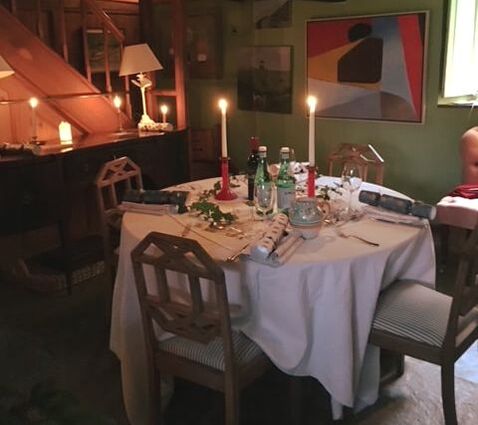
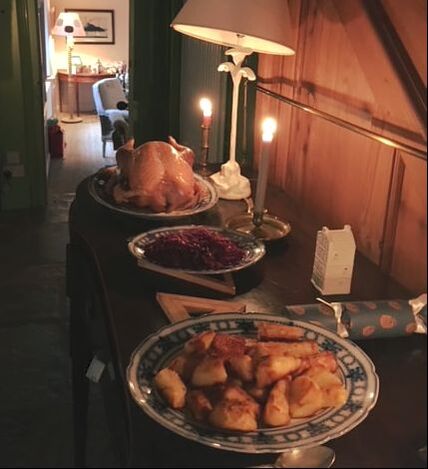
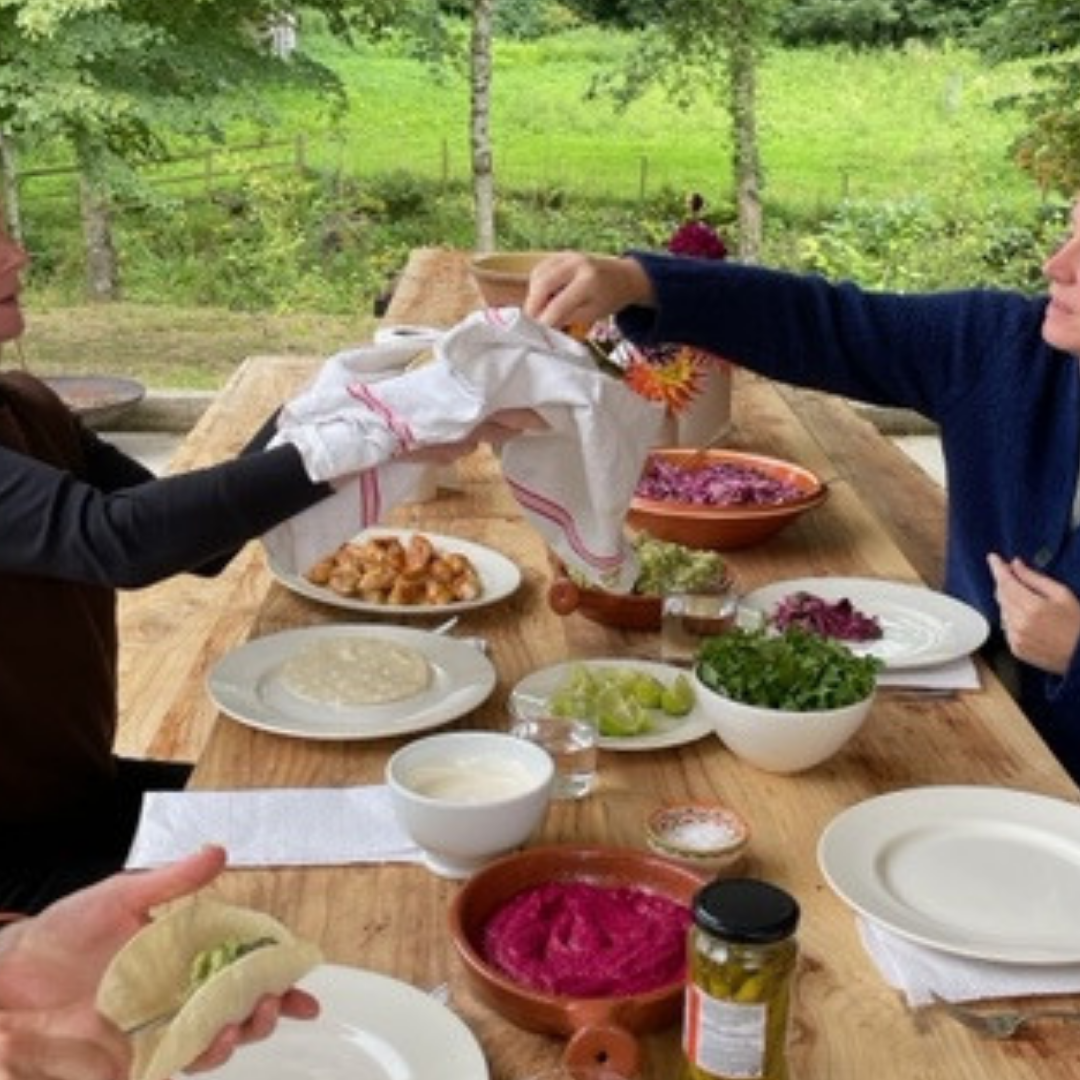
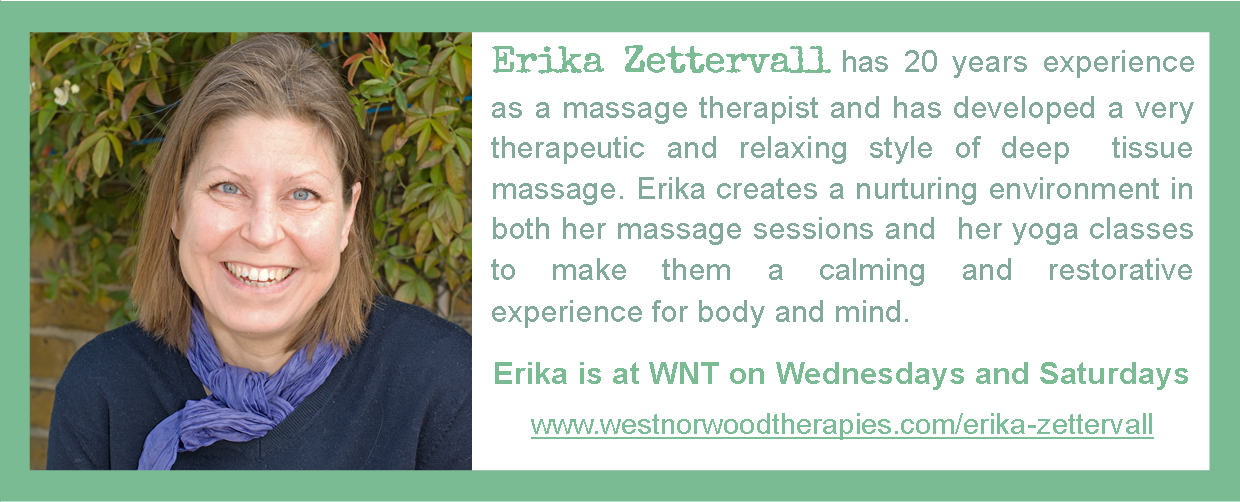
 RSS Feed
RSS Feed
